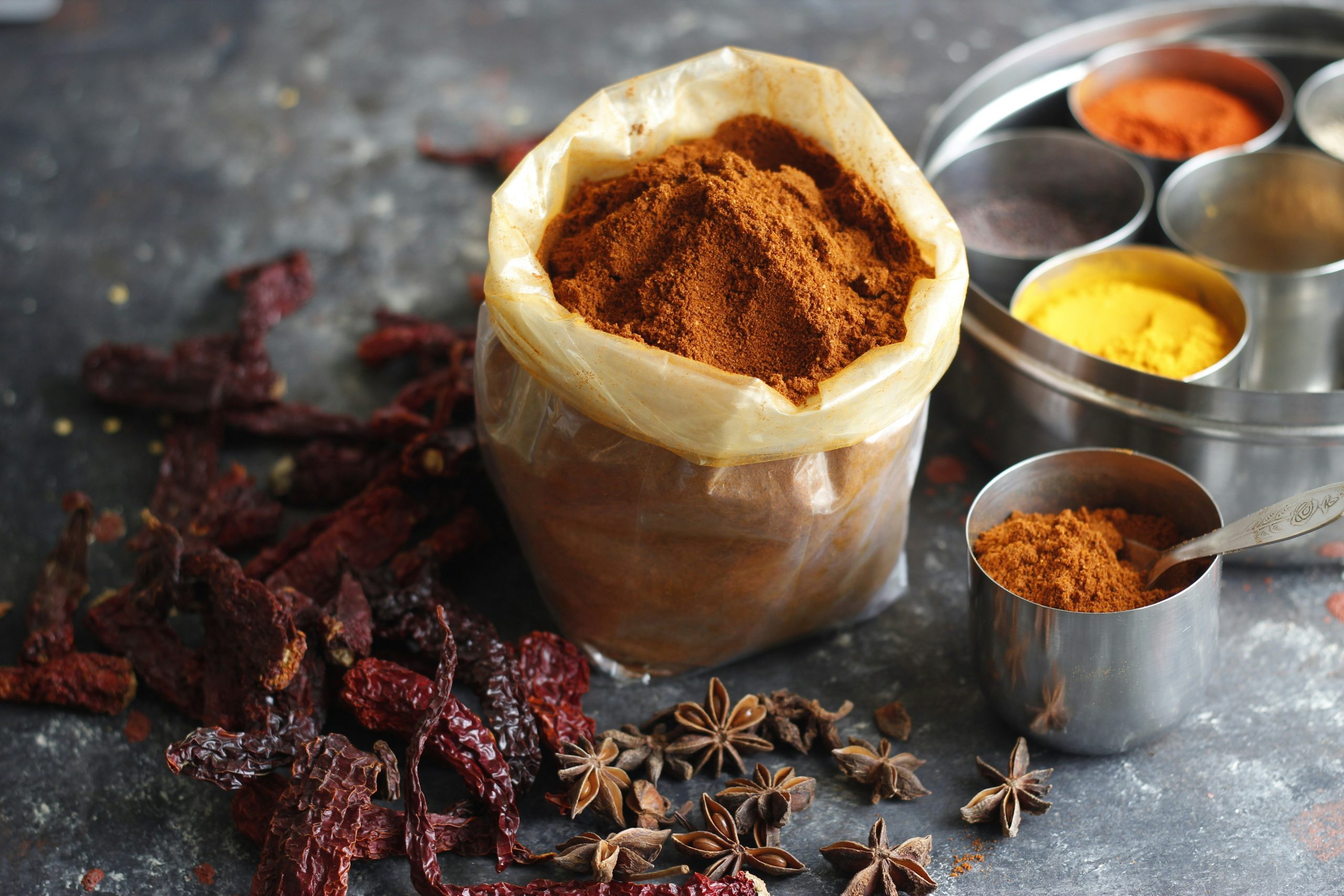**1. Chronic Inflammation and Diabetes**
Type 2 diabetes is closely related to ‘chronic inflammation.’ High levels of inflammation in the body can worsen insulin resistance, making blood sugar control more difficult. Furthermore, chronic inflammation is a key factor that causes and exacerbates various diabetic complications such as neuropathy, kidney disease, and cardiovascular disease.
**2. The ‘Curcumin’ in Turmeric**
‘Curcumin,’ the main component that gives turmeric its yellow color, has scientifically proven powerful anti-inflammatory and antioxidant effects.
– **Inflammation Inhibition:** Curcumin works by blocking multiple pathways that cause inflammation in our bodies.
– **Potential for Complication Prevention:** Through these anti-inflammatory effects, studies are underway on the potential of curcumin to help reduce chronic inflammation in people with diabetes and, as a result, slow the progression of complications like vascular or nerve damage.
**3. How to Use It**
– **A Supplement, Not a Cure:** Turmeric cannot replace diabetes medication; it is a ‘supplementary food’ to be used as part of a healthy diet.
– **Increase Absorption:** Curcumin has the disadvantage of low absorption. Consuming it with the ‘piperine’ in black pepper or healthy fats (like olive oil) can increase its absorption. A curry dish is a good example.
– **Cautions:** Excessive consumption can cause gastrointestinal upset, and consultation with a professional is needed if you are taking blood thinners.
Summary: The curcumin in turmeric, through its powerful anti-inflammatory effects, can provide positive help in managing chronic inflammation, one of the root causes of diabetes, and in preventing complications.


Leave a Reply